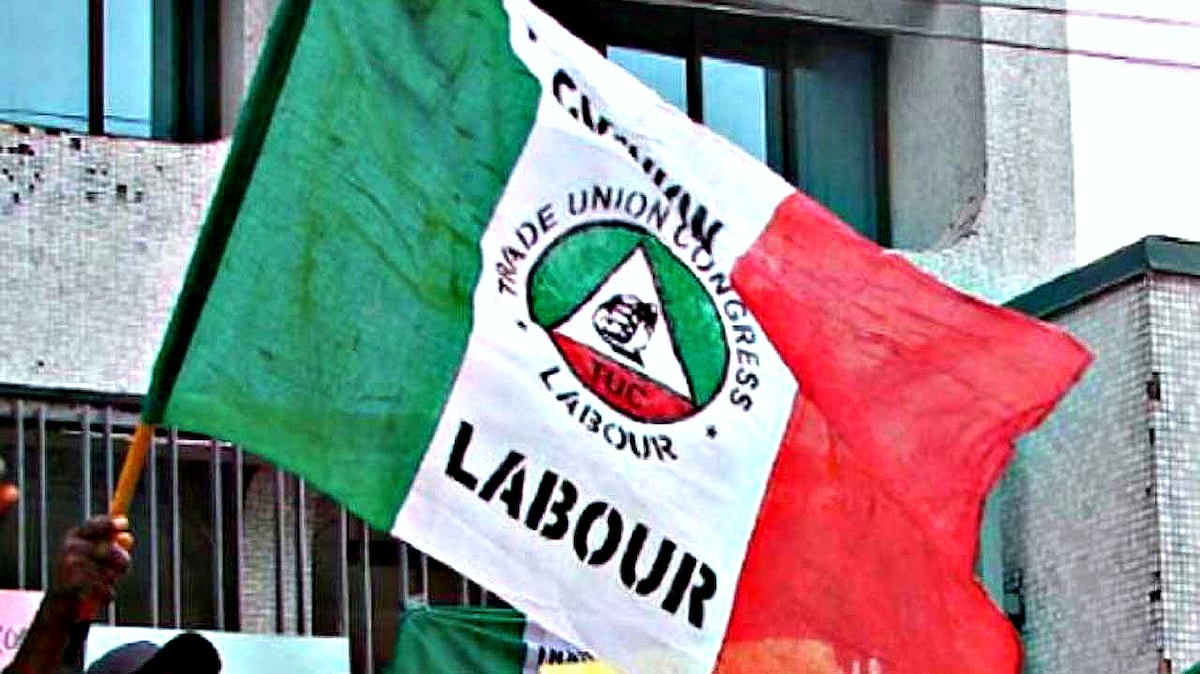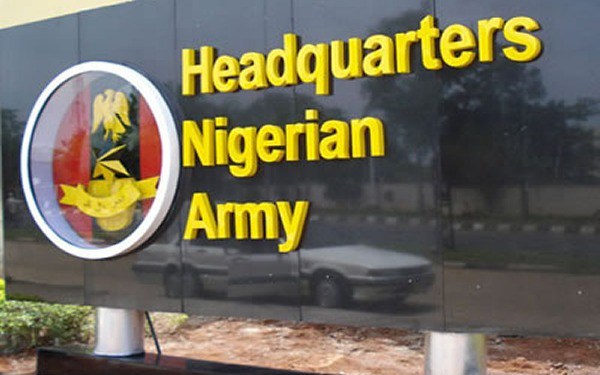NLC, TUC Suspend Strike After Meeting NSA
The national executive councils of the Nigeria Labour Congress and the Trade Union Congress on Wednesday night suspended their nationwide strike over an alleged assault on the President of the NLC, Joe Ajaero.
The unions said the suspension followed the intervention of the National Security Adviser, Nuhu Ribadu.
However, the organised Private Sector and the maritime operators carpeted the NLC and TUC over the industrial action, stating that it was ill-timed and misconceived.
The OPS comprising critical players in the economy noted that the strike would affect the Federal Government’s ability to meet its yearly revenue target.
Our correspondent gathered that the organised Labour meeting which commenced a few minutes past 7pm lasted for close to one hour during which various affiliates and state chapters reviewed the outcome of the meeting held between the leaders of the organized Labour and the NSA.
The National Deputy President of the TUC, Tommy Etim, explained that the strike was suspended based on the trust the unions had in Ribadu.
He stated, “The NECs of the NLC and the TUC have suspended the strike. We did this based on our trust in the National Security Adviser, Nuhu Ribadu who gave us his word. We also saw that he wasn’t playing politics with our demands and he was ready and promised to follow up with everything.”
Asked whether the suspension of the strike was indefinite, Etim said, “It is a temporary suspension. We are going to give them some time after which we will meet and if they fail to meet up, the strike resumes.
“We listened to the NSA and he listened to us. He noted that Ajaero didn’t do anything wrong by going to Imo State. We must commend the NSA and it is because of him that there is a suspension of the strike.”
The labour leaders had earlier on Wednesday met with the NSA who announced the arrest of two suspected involved in the attack in Owerri, Imo State on November 1.
The NSA revealed this during a meeting with labour leaders in Abuja on Wednesday- the second day of the strike.
He also apologised to the organised labour over the attack on the NLC president.
Ajaero, who stormed Owerri to lead a protest over unpaid salaries to government employees in Imo State, was beaten by hoodlums and allegedly detained for hours by the police in the state.
Consequently, the labour movement gave the Federal Government an ultimatum to arrest the perpetrators among other demands, to avoid a strike.
To prevent the labour action, the Federal Government secured a restraining order against the unions at the National Industrial Court but the labour leadership mobilised the workers for the strike which commenced on Tuesday.
In a statement signed by the Head of Strategic Communications in the Office of the NSA, Zakari Mijinyawa, issued after their meeting, the NSA urged the unions to rescind their decisions on the strike.
Ribadu noted that the Federal Government regretted the incident that happened in Imo and condemned it in its entirety, adding that it was against the rule of law and the principles of freedom of association and expression subscribed to by President Bola Tinubu and his administration.
The statement read, “The Office of the National Security Adviser is concerned by the declaration of a nationwide strike by the leadership of the Organised Labour led by the NLC and TUC.
According to him, it is self-serving for labour to shut down the national economy merely because of an assault on the president of the labour union.
He said, “It is unfortunate that labour unions in Nigeria have degenerated to the kind of self-seeking impunity that the functionaries of government are always accused of being guilty of.
“Because an individual is assaulted, then the economy of a country is shut down; it doesn’t make sense. It doesn’t matter who the individual is, even if it was the president of the country, he is still an individual. So, labour thinks that because it has the power to go on strike, any reason is sufficient to exercise that power.’’
A facilitator with the Nigerian Economic Summit Group, Dr Ikenna Nwosu, said, “For me, the impact is coming at a very bad time when the exchange rate is trying to find its way back to some level of stability; that is the worst part of it. So, it is coming at that good time when the currency is about stabilising.”
Nwosu added that the strike would affect the government’s ability to meet its yearly revenue target.
He added, “Secondly, it is also going to affect the ability of the government to meet its revenue target. They are losing money, the ports are closed and ships can’t berth to offload their cargoes.’’





